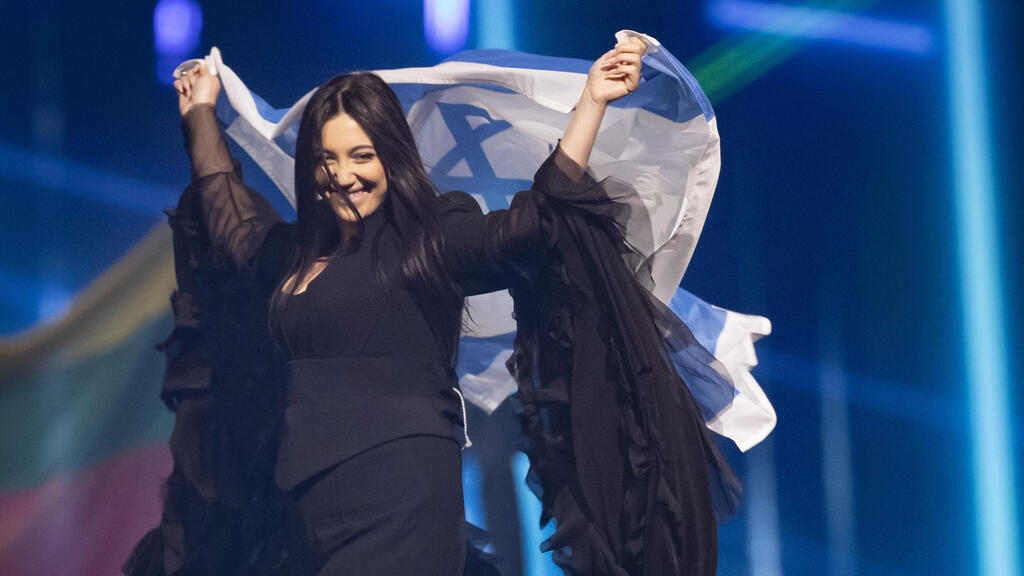After hours of deliberation, no vote was held on the matter—something the Israeli broadcaster KAN sees as a temporary victory, as a vote would likely have gone against Israel.
Attorney Ayala Mizrahi, representing Israel on behalf of KAN, addressed the assembly, emphasizing that Eurovision is more than a singing competition for Israel and noting the country’s long-standing participation in the event.
The debate surrounding Israel lasted around 90 minutes, during which Iceland and Slovenia led a strong anti-Israel stance, displaying open hostility. Austria, Germany and Switzerland were the only countries to publicly support Israel. In a surprising move, the BBC called to avoid a vote and instead supported further dialogue—a stance that worked in Israel’s favor.
Sources in the EBU said that, if the war continues into winter, further discussions will be inevitable—and Israel’s continued participation could become difficult. “Many countries are against it,” one source said.
In an interview with the Icelandic newspaper Visir, Iceland’s Foreign Minister Þórdís Kolbrún Reykfjörð Gylfadóttir said: “As a private citizen, I find it strange and unnatural that Israel is allowed to participate in Eurovision, given the war crimes—and in fact ethnic cleansing—that have taken place in Gaza in recent weeks and months.”
Like Spain’s public broadcaster before her, Gylfadóttir called for an open discussion among the participating European broadcasters about Israel’s role in the contest. Still, she clarified that Iceland should not boycott the competition outright, but rather engage through official EBU channels: “I think Iceland should participate if the contest is held, but we must address the issue and raise our position within the EBU.”





